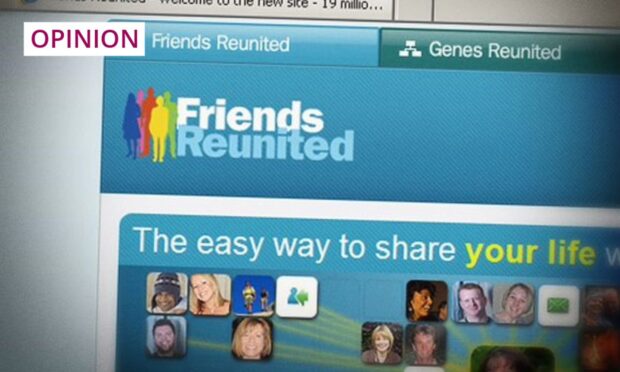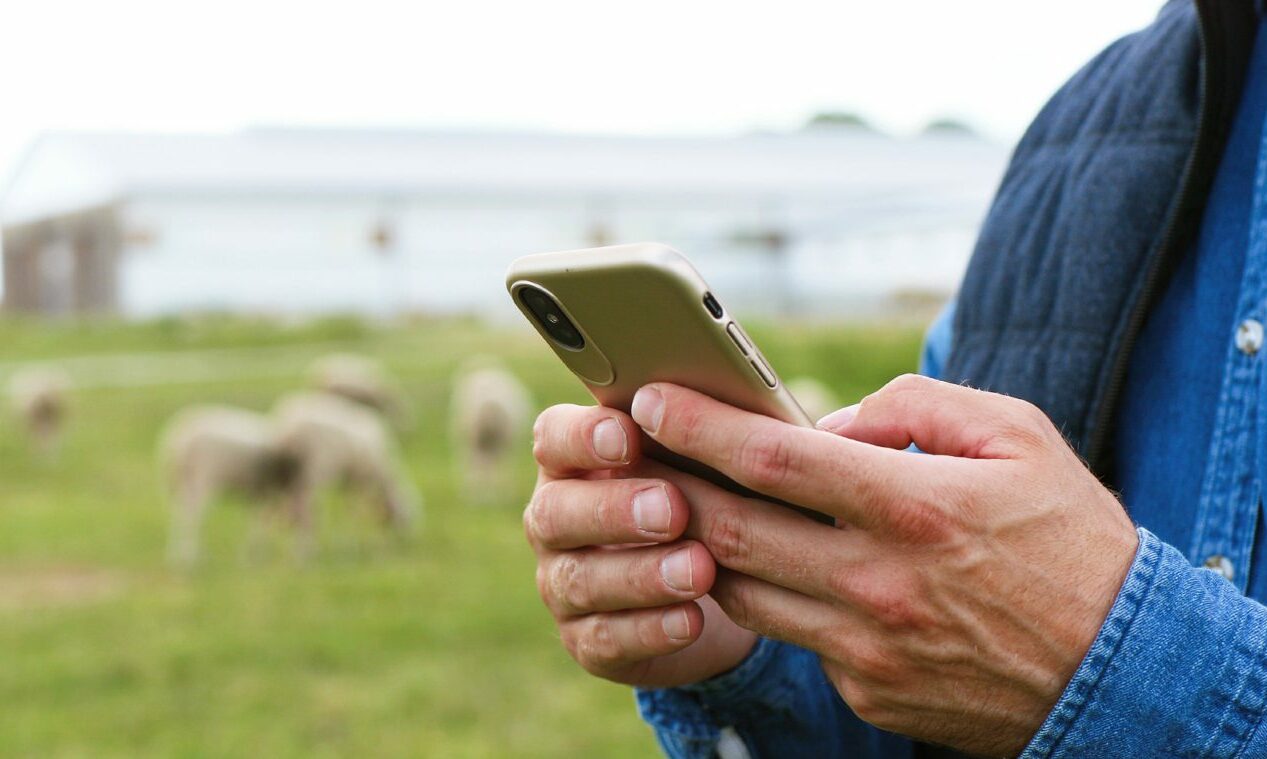Do you remember your earliest encounters with the internet? Or, at least, your first “wow!” moment?
I remember mine. I’d popped in to say hello to my brother at his office and to scrounge a mug of tea, something I’m still good at.
His computer sat in the background and we were talking about a house which was up for sale. My first thought was to ring up the estate agent and ask for a set of sale particulars to be sent out. But, instead, my brother turned to his computer, “logged on to the internet” (remember that dial-up hiss and the ke-boing ke-boing ke-boing as it booted up?), “accessed the estate agent’s website” – ooh, get you! – and “pulled up” the sales images of the property in question.
Enthralled, I clearly recall nodding towards his printer and asking: “C… can you actually print these details out?” He could and he did. In colour, no less. It felt like a magic trick.
Immediately, I went out and bought a computer. It cost £1,000 and probably contained less technology than the smoke alarms currently installed in my house. I loved it, and noodled around the world wide web for hours, randomly accessing whatever was available, until I stumbled upon the country’s earliest version of what has come to be known as social media; the Box Brownie camera, if you like, the Model T Ford, the twin tub washing machine. Yes, it was Friends Reunited.
All of a sudden, we could make contact, or at least read all about, people we’d been at school or college with, find out what had become of them, even see what they looked like, both then and now. Yikes, did we really have hair like that? And what was with the shoulder pads?
As the site gathered pace, we began to hear about people who went on it with more nefarious intent. After all, Friends Reunited offered a sneak through an anonymous portal into a lost world of unrequited love, high school crushes, first boyfriends, girlfriends, teachers… A smorgasbord of unfinished business or missed opportunities.
Ooh, the cheeky beggars! With hindsight, it’s unsurprising. Humans, eh? But most of us simply enjoyed the innocent delight of catching up with old friends outside of the limited former options of writing a letter or showing up on someone’s doorstep.
Through Friends Reunited, people and relationships which were important to us during highly formative years could be reborn. The internet itself seemed human.
Friends Reunited aimed to bring people together, there’s a big clue in its name after all, but I wish that the resulting social media revolution had evolved differently.
Social media gives us a dopamine hit of belonging
I was astonished to learn today that Friends Reunited started up not somewhere in the 1980s, as I had guessed before checking, but in the year 2000. Wasn’t that, like, the day before yesterday? I have tights that are older than that.
Anyway, if only we’d grabbed onto on its kinder possibilities as it snowballed. We could have made friends from all over the globe, shared information and resources, done good work and generally become better people. Because it’s all there for free, right? Well, no. Everything has a price.
Friends Reunited gave us our old social networks back, but now, with the vastness of the internet, we must find new ones
The answer to any question you might care to ask is literally at our fingertips online. It may be incorrect, but it’s there. And, if we don’t like it, we can keep scrolling ’til we find one that suits, better because I guarantee it’ll be there, too.
And, as with facts, so with friends. Friends Reunited gave us our old social networks back, but now, with the vastness of the internet, we must find new ones. This ought to be amazing but is actually pretty scary.
Carefully, we pick and choose new friends, ones we agree with or admire, be they politicians, comedians, sportspeople, pop stars, historians, commentators, influencers, bloggers – anyone whose online presence gives us the dopamine hit of belonging that we used to get from our mates. Which is great until it isn’t.
We peacemakers don’t hear other points of view
Few of us seek out people whose views we don’t agree with, in real life or online, for fear of unpleasantness. I don’t want to spend my downtime squabbling, but others do, and I avoid them… And on we go.
The trouble with this is that we peacemakers don’t hear other points of view, and the internet, now intelligent, gathers our data and funnels more and more targeted information our way, giving us more of what we like and less of what we don’t, gently kettling us further back into the safety of our curated community, gently squeezing out those who don’t belong, gently leaving us comfortable and united, among friends.
It’s such a waste of an amazing social resource. Who’s to blame? Not the sentient web for maximising its capabilities. Not humans for wanting to belong to a community and feel understood.
If anything’s to blame, it’s blame itself, and all the other squabbly words we waste time using instead of listening and trying to understand other points of view. New friends, united.
Erica Munro is a novelist, playwright, screenwriter and freelance editor


